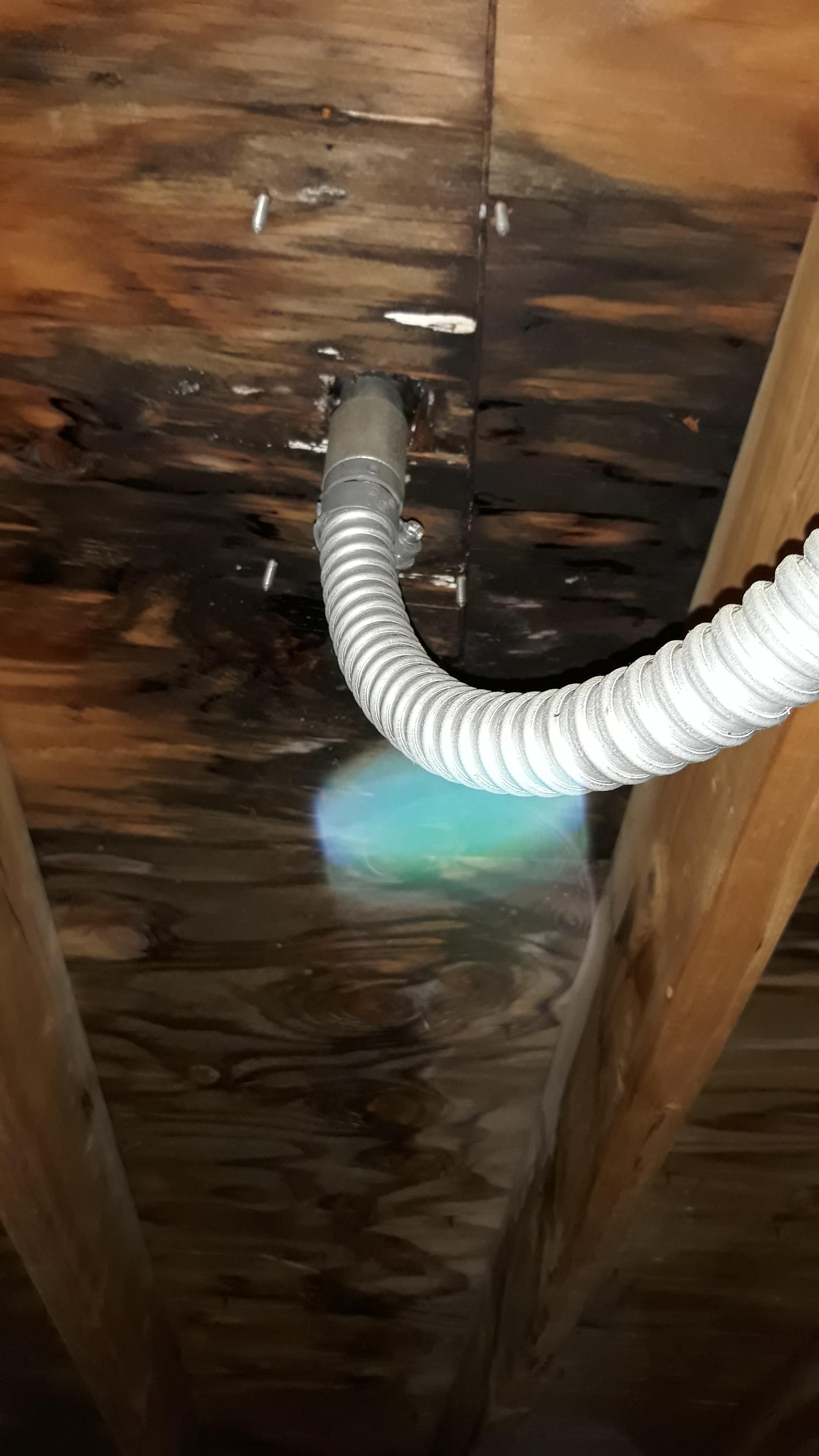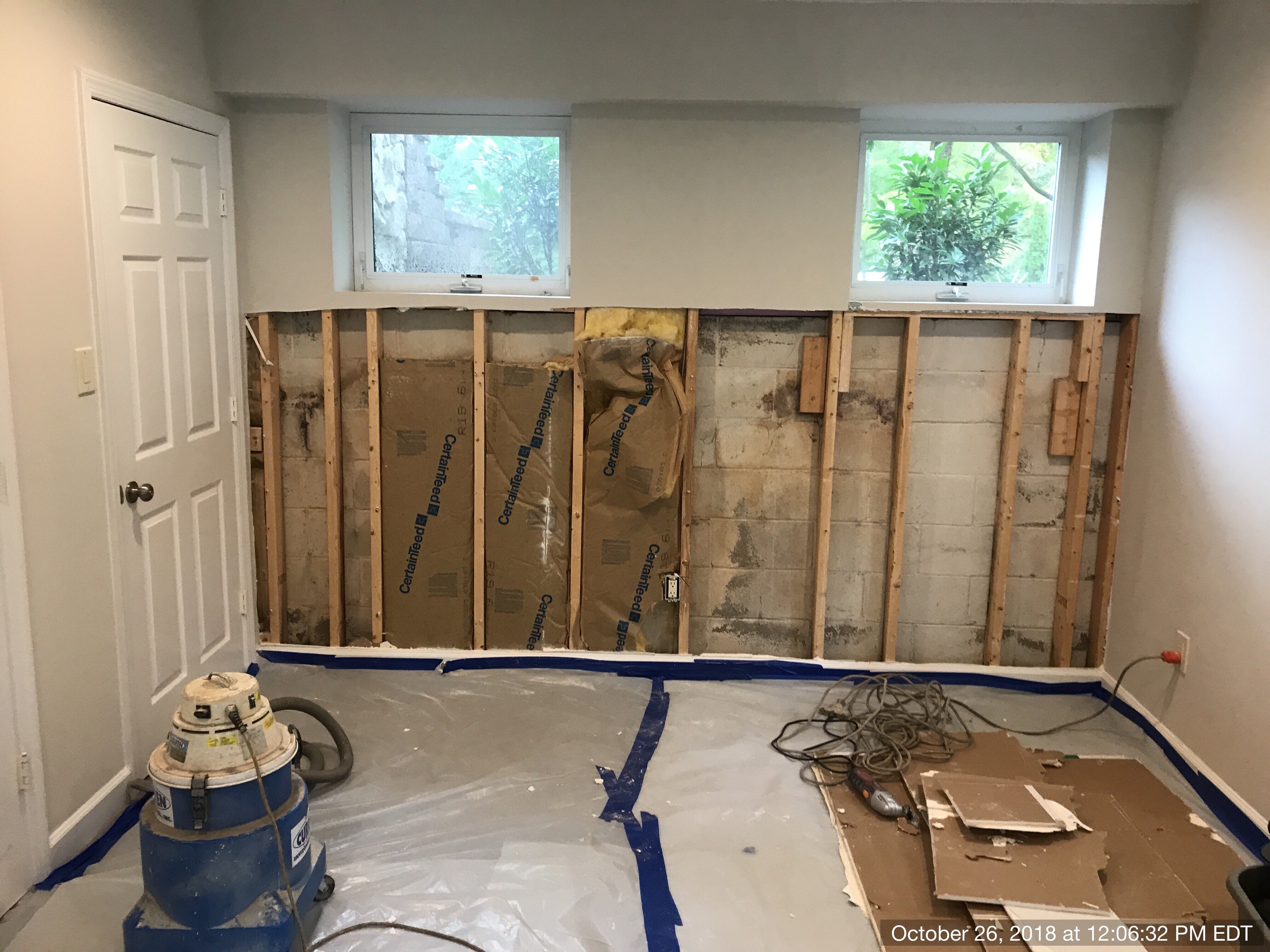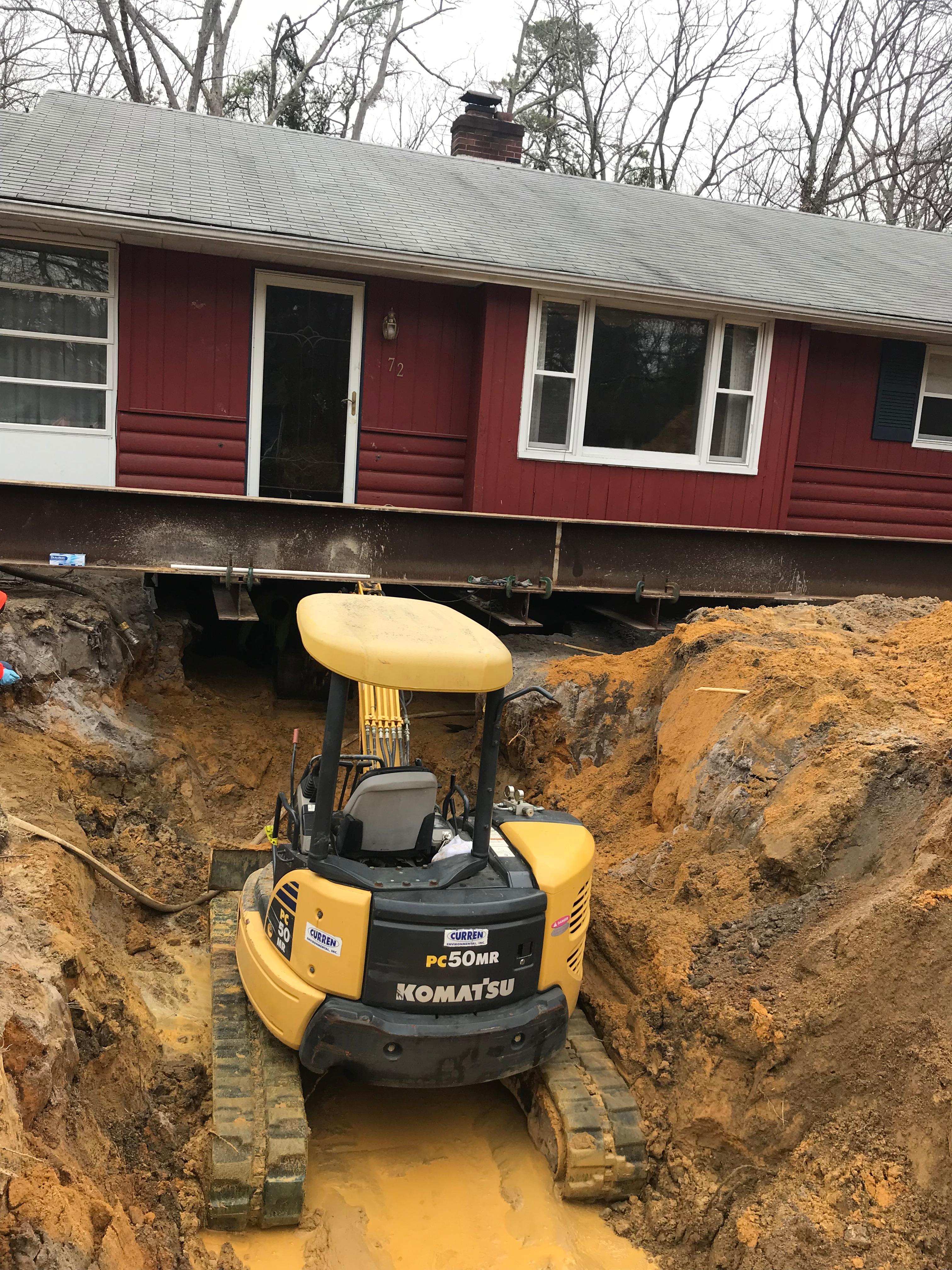What type of inspections are needed to purchase a home?
Due diligence is what a reasonable person would do prior to purchasing real estate properties. It’s a "CYA" for buyers as there are many types of inspections that are commonly performed. We are going to discuss common inspections relating to residential real estate.
Home Inspection: A home inspection is typically first on any home purchase to do list after mortgage approval. Home inspectors are up-to-date on building codes. Building codes change and the property needs to comply with current regulations for both safety and lawful occupancy. Home inspectors have a trained eye regarding evaluation of construction, such as damage & defects. Hey, a new home is only new until it’s not new, everything has wear and tear and you should know what you are buying besides the granite counter tops and the his and her walk in closets.
Do you know every home in New Jersey has a home warranty?
You can find more information here regarding NJ home warranties.
Is the crawl space inspected?
Do you know what looks good in a crawl space? Empty space, no mold growth and no oil tanks. Crawl spaces should be empty, clear of any debris. If there is storage, storage should be in clear, plastic bins. Plastic bins help prevent mold growth. If there is storage in cardboard boxes, mold can grow as cardboard is an organic material. What looks bad in a crawl space? See below...

The above photo shows removal of an oil tank in the crawl space.

Crawl Space Mold Growth
*Pro Tip for Sellers: Homes sell faster that are well maintained and having a "Pre-Sale Home Inspection" will give the homeowner a to do list as well as time check off that list. At that point, you can disclose what you don’t fix and feel confident that when an offer is made, the price is based on the condition of the home, this takes away surprises. Trust me, home inspectors will find things a homeowner didn’t know were a problem and/or were aware of but lived with (deferred maintenance is commonly used). The cost is well worth it and you will make up in a higher faster home sale.
You can find an inspector at the following links:
https://www.homeinspector.org/
Termite/Pest Inspections: Termites love what your home is made of and many homes have or had termite issues. The real cost of termites is repairing the wood they consumed, so inspections are a prudent choice.
*Pro Tip: Many home inspector also do termite inspections, so you can have one stop shop.
Mold Inspection: While the term that mold is everywhere is true, mold growth the size of the human hand represents tens of thousands of mold spores. Mold in a home represents a water issue as all mold needs moisture to grows. If you look for it 60% to 70% of homes will have mold growth that the owner was not aware of and I am not speaking of mold in a bathroom.
Mold remediation can cost several thousand dollars.

*Pro Tip: Home inspector can’t say discoloration that might be mold is mold (they call it mold like or fungal like) unless they are trained to complete mold inspections. But I have read countless home inspection reports and the vast majority of the time when a Home Inspector notes discoloration that looks like mold, it is mold. Many inspectors can also test for mold (quantitative data) of a surface that appears to have mold growth. This is a pregnant not pregnant test.
If you have mold concerns and mold remediation is discussed, it would be best to deal with a company that has years of experience. Curren Environmental has over 22 years’ experience and over a dozen inspectors to service your mold inspection need. We have successfully remediated thousands of sites over the past 20 years, did I say we have been around since 1998?
Pro Tip 2: Buying a home that was flipped or has a finished basement (old or recently finished basement), get a mold inspection with air sampling, your odds of finding hidden mold are near 90%. The one below did, over $10,000.00 or mold remediation and restoration, not including legal bills.

Septic Inspection: Well if you’re not on city sewer, you need septic and EVERY septic system will need replacement no matter how well it is maintained. Remember grey water is discharged from a septic and grey represents suspended solids which over 40 years can clog a septic field.
Pro Tip: If the neighborhood has home of similar age and construction inquire if their septic system were replaced, this would mean yours could be next.
Radon Inspection: Of all indoor environmental contaminants, radon is one of the deadliest. Radon is odorless and tasteless. Fixing radon is typically under $2,000.00.

Pro Tip: If you see a radon system on a neighbor’s house, you should have a system as well. The photo below is what a radon system looks like outside a home.

Tank Sweeps: Tank sweeps/tank scan - scan a property using Ground Penetrating Radar GPR for out of service oil tanks. Oil heat was King in the Northeastern United States from the 1930 until the 1980’s. The fact is oil heat was the only option until natural gas became deregulated in the 1970’s. If you have a home younger than 1980’s it most likely had oil heat. A Tank Scan averages $400.00 with GPR GPR is what is used on commercial sites and is very thorough, companies do not use metal detectors on a commercial site because they are known to be ineffective.

Pro Tip: Every home built before 1980 should have a tank sweep unless, 1. The tank was removed, ask the owner, check with construction office for removal permits (no one can find a removed tank, *Please see testing for removed tanks), 2. Check with the natural gas utility, they are regulated and the right department can tell you when gas service was available in the are and oftentimes when it was run to the home. If gas was installed in 1975 and the home was built in 1955, BINGO oil heat prior to 1975 is highly likely.
Why do a tank sweep? Tank leaks are expensive as this photo illustrates.

Soil Testing for Removed Tanks: Removed oil tank soil testing is testing associated with properties where an oil tank was removed and there is no report (documentation with lab data that the tank did not leak) is available. You see the concern with oil tanks is they rust and oil leaks, requiring remediation (Oil tank remediation can vary from $5,000.00 to tens of thousands of dollars). You have a greater than 50% chance of finding oil in the ground where a tank was previously removed from, this is because some tank were removed prior to regulations or illegally to conceal contamination.
Pro Tip: If the property you are buying had a tank removed, get the report that CLEARLY states soil testing was performed and states the TANK DID NOT LEAK, three simple words.
One of the biggest financial mistakes people make is buying a home where a UST was removed and they have no TESTING data to say it didn't leak.
The photo below shows an area of a removed tank (removed about 7 years ago) where soil testing was performed to see is any contamination was present.

These 2 photos shows the subsequent $37,000.00 remediation of the allegedly clean tank removal, yet owner had no data to backup the verbal claim that all was clean.


Well Water Testing: Some states like New Jersey require water testing, you should know what you are drinking.
Lead Paint & Asbestos: Both items can be viewed as green building products of their day. Hey asbestos is mined and was used in thousands of products including hair dryers and insulation. Lead, well the Romans used it, it made things stronger. Long and short of it, if your home was built before 1975, it likely has both somewhere in the home.
*Pro Tip: Unlike radon, which is naturally airborne Lead and asbestos are a concern when they are consumed/inhaled meaning encountered. Knowing where they are in a home will better enable you to manage them. Leda paint for instance is like under multiple coats of paint that have been applied over the Leda paint, simple because the homeowner wanted the room to be a different color.
Pool Inspection: Pool inspections are not typically covered by a normal home inspection. Pools are a "wear" item and inspection can help flag repairs.
Specialty Inspection: Roof, HVAC, Indoor Air Quality, Structural, these can all can be warranted if they are outside the scope of other inspections performed.
Homes are a big ticket item, I defer from calling them an investment as not all homes are sold for a profit, and due diligence is extremely prudent. Older homes don’t have warranties and new homes typically only come with a one year warranty, far less than a car and as any new car owner knows warranties claims on even new cars happen.
Curren has you covered regarding your environmental inspections:
